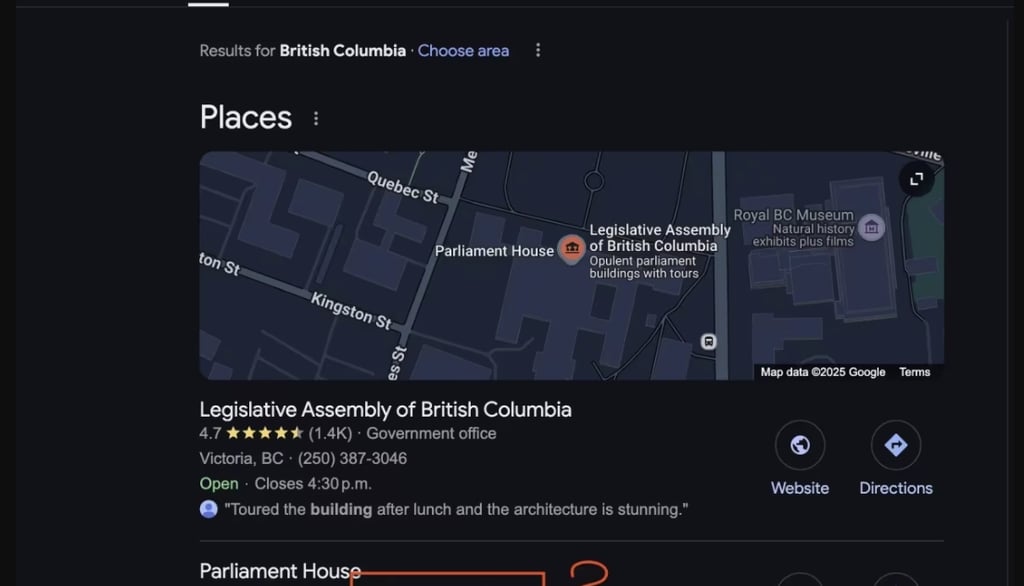Google Drops ‘State’ Label from Canadian Government Sites Amid 51st State Controversy—Microsoft Silent
Subhadarshi Tripathy
2/28/20252 min read


Google is removing the term “state” from Canadian government offices and provincial parks after widespread complaints from Canadians who questioned the U.S.-centric labeling amid President Donald Trump’s recent annexation threats.
The issue gained traction after users noticed that many provincial parks across Canada were labelled as “state parks” in small print on Google Maps. Similarly, some government buildings, including in B.C. and Nunavut, were categorized as “state government offices.”
In response to the backlash, Google confirmed it is updating these classifications and has already made significant changes across its mapping platform.
Tech Companies React—But Not All
While Google quickly responded, Microsoft’s Bing Maps and TripAdvisor have not updated their classifications, despite similar U.S.-centric labels still appearing on their platforms.
Google: A spokesperson confirmed that the designation has already been updated to reflect “provincial park” or “government office” instead of “state park” or “state government office.”
Apple: Apple Maps already correctly labels provincial parks in Canada.
Microsoft (Bing Maps): No response to inquiries from CBC News, and state park designations remain unchanged.
TripAdvisor: Still lists Canadian provincial parks as state parks, with no response to requests for clarification.
The Power of Labels in a Politically Charged Climate
The controversy comes amid Trump’s repeated claims that Canada should be annexed as the 51st U.S. state, a position that has drawn strong pushback from Canadian leaders and citizens.
Tech analysts say the issue highlights the persistent U.S.-centric assumptions built into many technology platforms.
Stefan Dollinger, an English professor at UBC, notes that tech developers often default to American terminology without considering how it might be perceived elsewhere.
"An American programmer assumes it's the same here, so why take the extra step to relabel that category?" he said.
Meanwhile, technology analyst Carmi Levy believes the backlash is a sign that Canadians are paying more attention to how technology shapes national identity.
"We’ve been using apps like Google Maps on autopilot, not noticing these small labels. But now we realize that names have political implications—whether we like it or not."
What’s Next?
While Google has quickly updated its classifications, the question remains whether Microsoft’s Bing Maps and TripAdvisor will follow suit—or continue to list Canadian sites under American-style terminology.
News
Stay updated with the latest BC news stories, subscribe to our newsletter today.
SUBSCRIBE
© 2025 Innovatory Labs Inc.. All rights reserved.
LINKS
